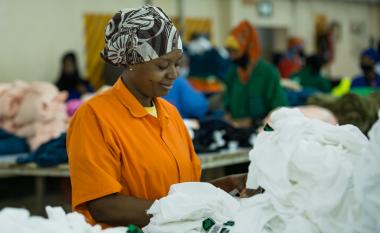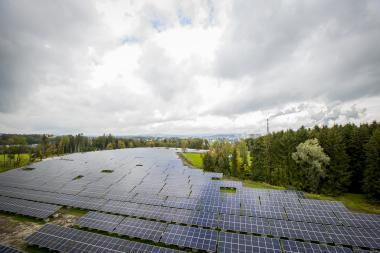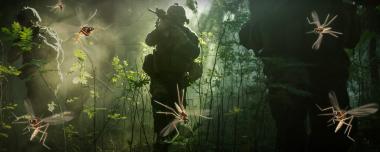Swiss Textile Recycling Project TEXCIRLCE
After two years of joint collaboration and research the Swiss Textile Recycling Project “Texcircle” comes to an end. Partners and stakeholders have worked on the vision of a textile cluster where materials flow in circular loops. The goal of the project was to develop high-quality yarns and products incorporating such a large amount of recycled textiles as possible. In the end, several product prototypes from carpets, socks, and curtains to pullovers, padding and accessories have been developed with at least 50 % recycled fiber up to 80 % recycled fibers and yarns.
Europe has a waste problem of 7.5 million waste of which only 30-35 % is collected and less than 1 % of the textile and clothing worldwide is recycled into textiles and clothing again. It is as well found that around 80 % of the impact of a textile product lies in the design.
Together with the design research expertise of the Lucerne University of Applied sciences and arts, the spinning expertise of Rieter and the sorting and collection expertise of Texaid, systems should be created where products of high quality can be produced of recycled fiber. On board were the expertise of further Cluster partners of Brands, Retailers, and the public sector to see how a joint Cluster and system coukld be established.
The Project Texcircle and cluster is led by the Lucerne University of Applied Sciences and Arts – Art & Design, and in collaboration with Coop, Rieter, Jacob Rohner AG, Ruckstuhl AG, TEXAID as well as workfashion.com ag. Furthermore, Bundesamt für Zivildienst ZIVI, NIKIN AG, and Tiger Liz Textiles are supporting the project. The project is funded by Innosuisse.
Furthermore, collaboration partners from all over Europe contributed to the project to enable these prototypes and systems.
Through joint developments from the design, the collecting, sorting trials, tearing, and spinning trials until the actual production trials and product testing. The partners were able to recycle 2.5 Tons of pre-and post-consumer textile waste into product prototypes with a promising commercial interest. From socks, west, and pullovers to non-woven felts and accessories to carpets and curtains. Through our 2 years of collaboration, the teamcame across several hurdles in the textile recycling value chain which could be tackled. This was a proof of concept that a circular system is possible and the industry now has to enable this at full scale.
Texaid / Texcircle






























